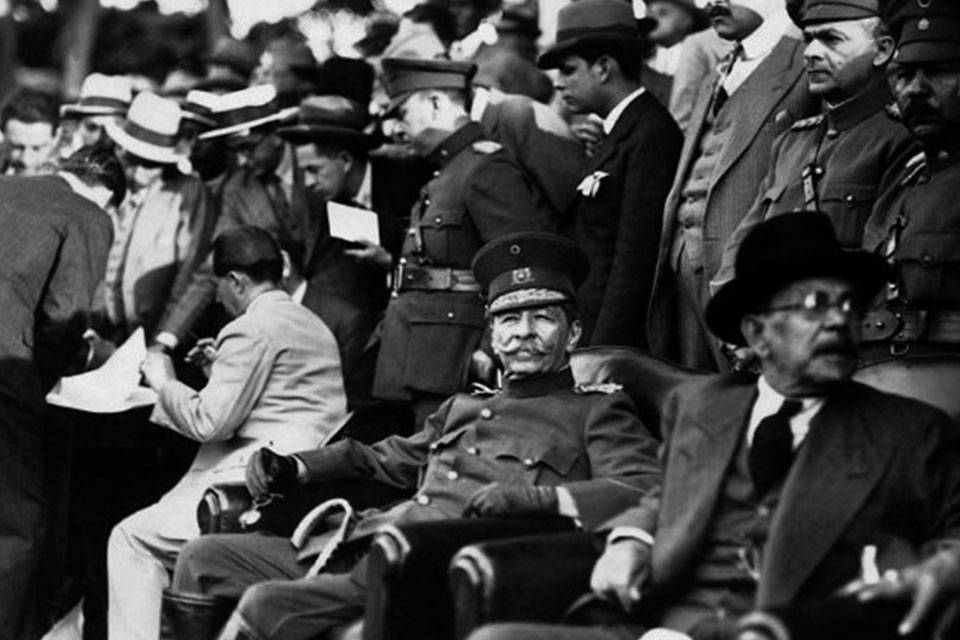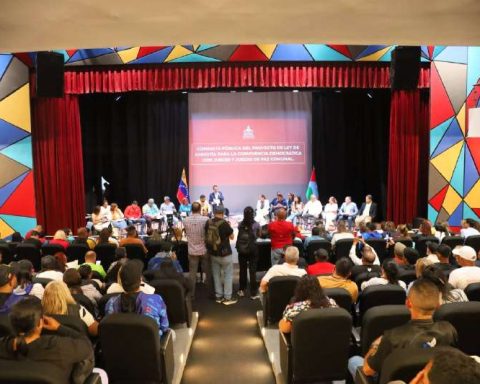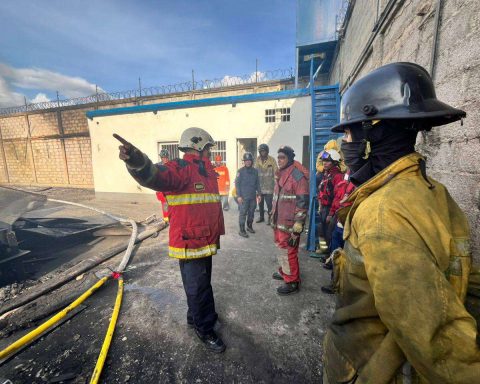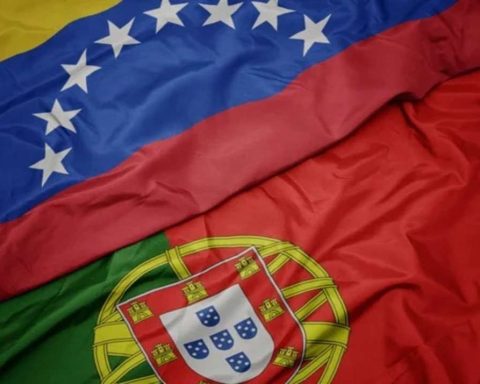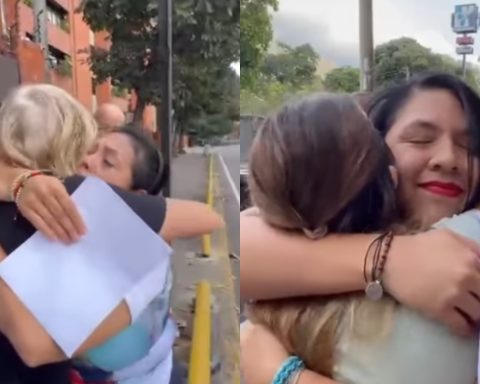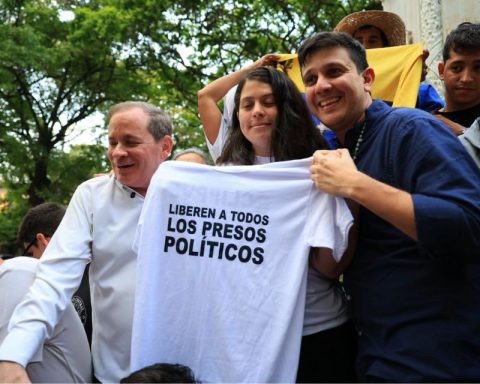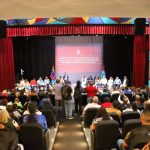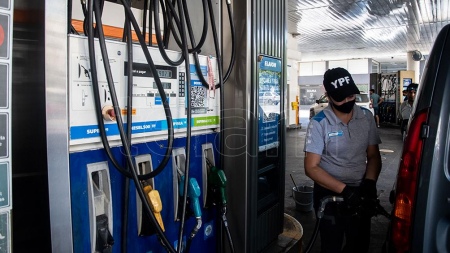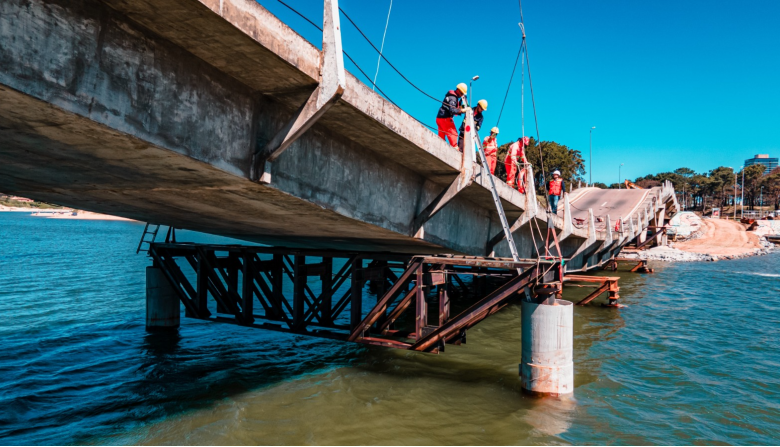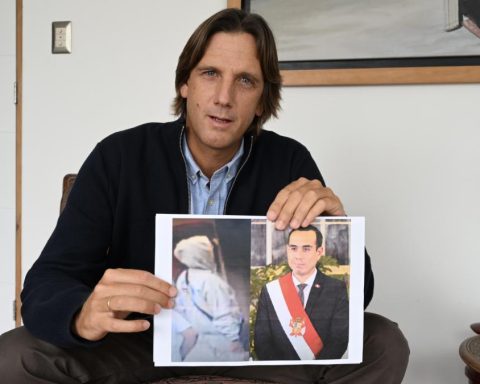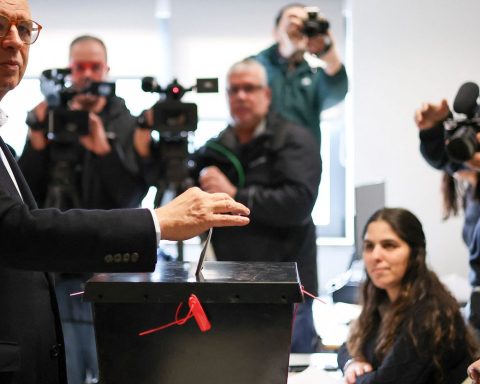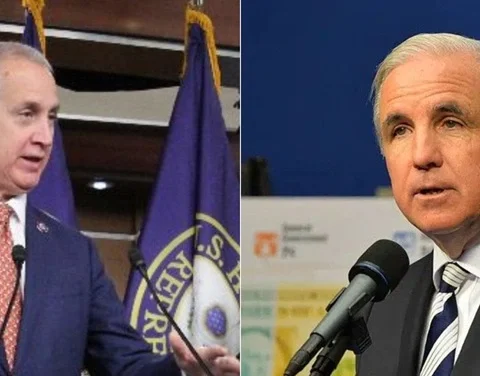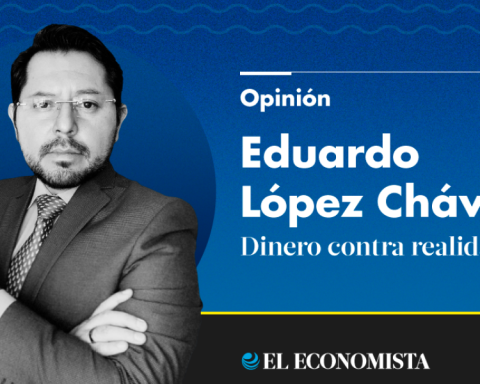Twitter: @LOMBARDIBOSCAN
Historical dates do not coincide with historical times. There are societies in the XXI century that are still in the twentieth century as the Venezuelan. Others, like some African and Asian women, very poor and with minimal social development, have remained immobilized in time.
The Venezuelan case is paradigmatic and amazing at the same time. We went from being a prosperous society receiving immigrants after the Second World War (1939-1945) to a ruined one with its population on the run. This process began with the coming to power of Chavismo in 1998 and deepened, like a rosary of evils, between 2012 and 2022.
The evidence of the collapse translates into the institutional dismantling of democracy and the colonization of the different public powers by the hegemony in power. This “systemic” crisis has led us to a kind of dead end at the current time. Nor does it represent a novelty if we turn to a long-term historical view.
The current Praetorian hegemony drinks and is inspired by the nineteenth-century caudillismo emerged from the rubble of Independence (1810-1831). The republican project was assumed from a platonic formality trying to imitate the institutional prestige of the leading countries of modernity at that time. The pre-modern reality, with its primitive and peasant expressions, marked by the eye of the hurricane of violence, contradicted the patrician manners of successive hegemonies (Páez, Monagas, Guzmán Blanco, Castro-Gómez) with hardly any lights and merits in aspiring to develop a high-flying government and with continuity over time.
Chavismo-madurismo, with a suicidal determination, decided to demolish the pluralist culture that began to form after 1936 with the death of the tyrant Juan Vicente Gómez. It is necessary to remember that in 1903 the dictator Cipriano Castro founded the Military Academy and that in the same year in the Battle of Ciudad Bolívar, Vice President Juan Vicente Gómez defeated the Montonero caudillismo and sealed the end of Independence. An Independence that lasted more than 100 years and destabilized the country according to a broader interpretation attributed to the historian Manuel Caballero.
Independence as an open historical wound was never completely closed. The Glory to the brave people remained as rhetoric and patriotic bandage. The Generation of 28, university and civilian, represented along with the discovery of oil wealth, the old aspiration to modernize the very backward and militarized Venezuelan society. The moderate and politically open military governments of López Contreras and Medina Angarita between 1936 and 1945 represented the first steps in the assumption of democracy. Then came the adeco triennium from 1945 to 1948 with important social advances, the most important being the right to vote for women and the presidential election through direct, secret and universal voting.
Marcos Pérez Jiménez’s reaction when he overthrew Rómulo Gallegos in 1948 once again put the country under the military boot. January 23, 1958 represented the return to democracy and 40 years of civilian rule. Perhaps it is, with all its imperfections, the best 40 years of our entire republican life since Independence ended.
This concatenation of events leads us to a great conclusion: Chavismo-madurismo reconnected the country with the period of Cipriano Castro and Juan Vicente Gómez, making the support of its political hegemony the support of its militarist trump card.
This represents an astonishing historical regression characterized by the demolition of civil routines now postponed. Pluralist practices were replaced by confrontation (Diego Bautista Urbaneja).
Also read: In politics, what seems is, by Julio Castillo Sagarzazu
This is what explains the largest exodus in the world today: 7.1 million Venezuelans fleeing the new barbarism imposed on the country. The indiscriminate national looting and the prevalence of unlimited corruption have dismantled the social security of Venezuelans, underpinned by the inexorable breakdown of the oil rentier model.
Mariano Picon Salas made popular the axiom that Venezuela entered the 20th century in 1936 with the death of the ironclad gamonal. We, inhabitants of the 21st century, have not yet entered the 21st century while in Venezuela, and this will only be possible when we have recovered democracy under the leadership of civilians and the recomposition of pluralistic and tolerant social life in a real political sense.
Ángel Rafael Lombardi Boscán is a Historian, Professor at the University of Zulia. Director of the Center for Historical Studies of LUZ. National History Award.
SuchWhich is not responsible for the opinions expressed by the author of this article
Post Views:
117
